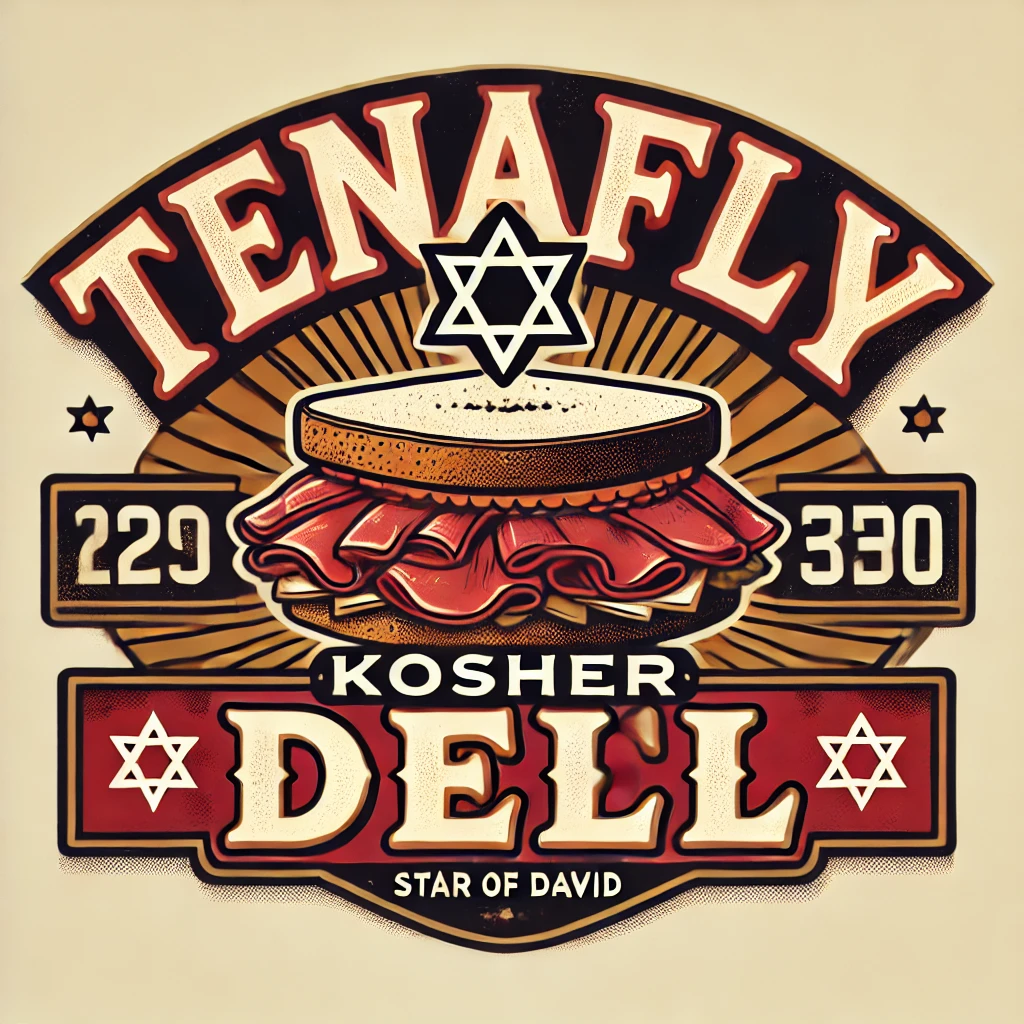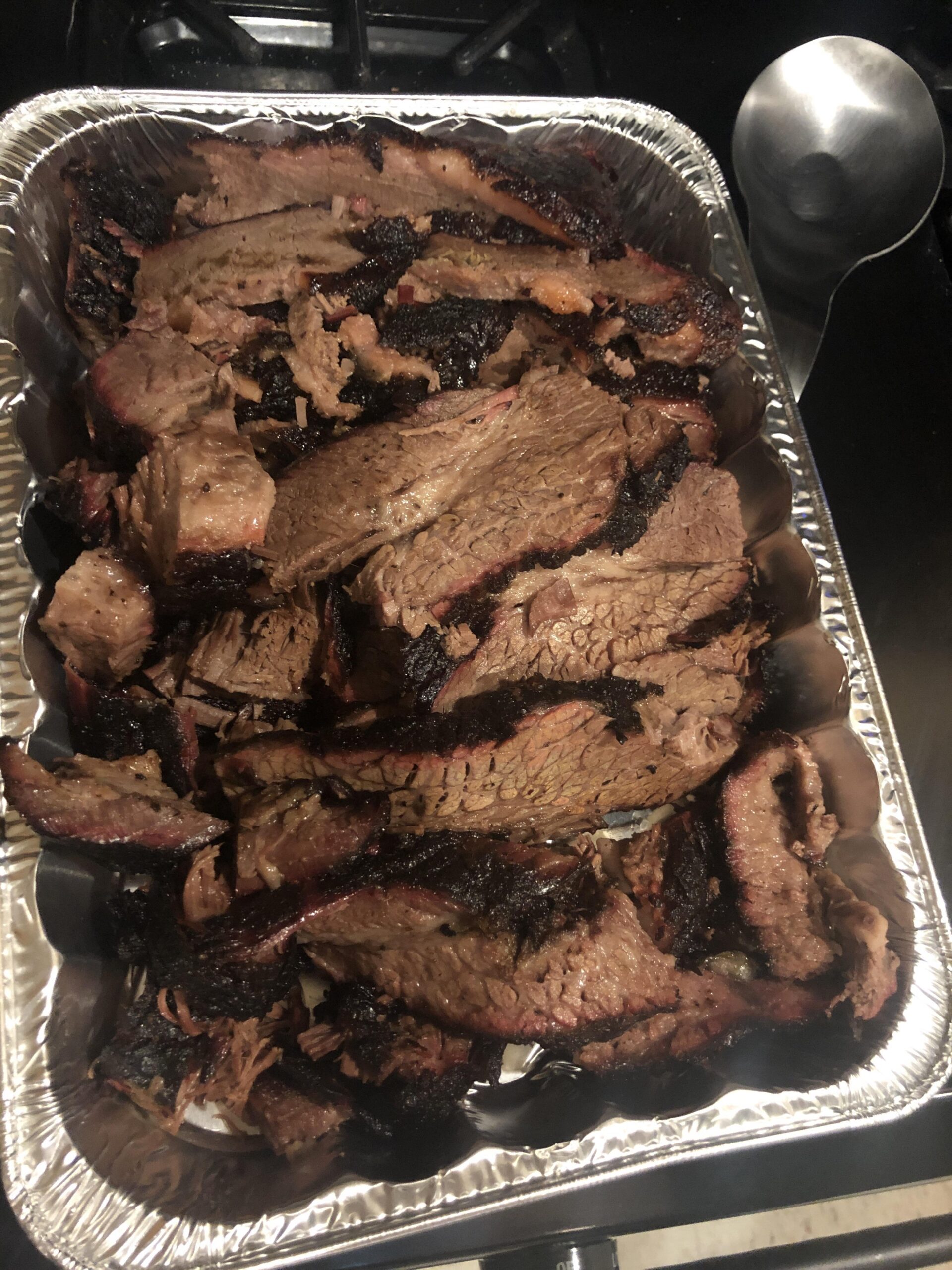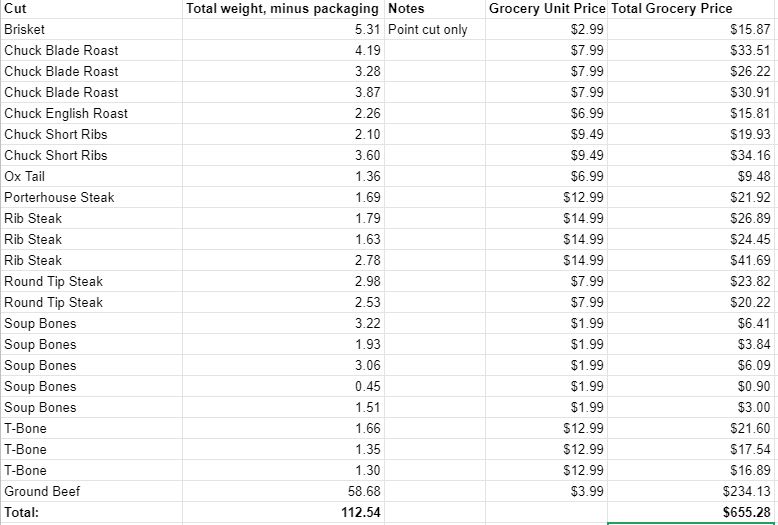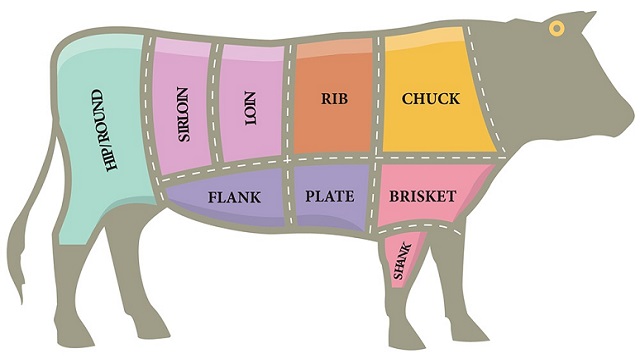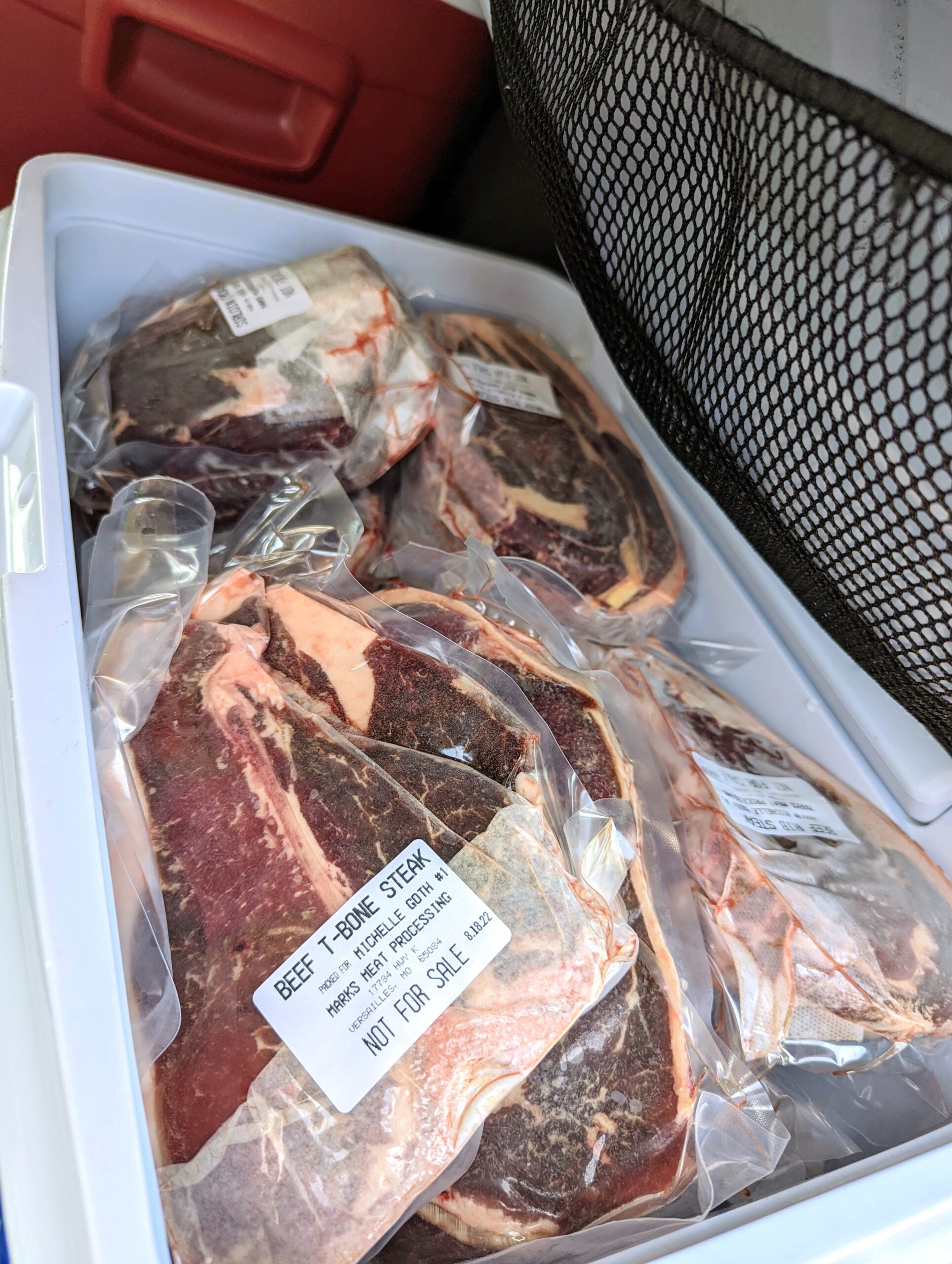Category: Beef

Brisket can definitely be overcooked, resulting in dry, stringy meat with diminished flavor. The perfect brisket reaches an internal temperature of 195-205°F and offers slight resistance when probed. To prevent overcooking, use a reliable meat thermometer, maintain a consistent temperature between 225-250°F, and allow proper resting time of at least one hour after cooking. Cooking…

Wagyu and Angus beef differ primarily in origin, marbling, and flavor profile. Wagyu, originating from Japan, features exceptional marbling that creates a buttery texture and rich flavor. Angus, developed in Scotland, offers good marbling with a robust beefy taste at a more accessible price point. Choose Wagyu for special occasions when premium quality justifies the…

Buying a whole cow typically costs $3-$5 per pound of hanging weight (approximately 720 pounds), with additional butchering fees of about $1.60 per pound plus $200 in harvest fees. A whole cow requires 40 cubic feet of freezer space and yields various cuts including steaks, roasts, and ground beef that can feed a family for…

Beef is divided into eight primal cuts: chuck, rib, loin, round, flank, plate, brisket, and shank. Each cut offers unique flavors and textures based on its location and muscle activity. Understanding these cuts helps you select the right cooking method—from slow-cooking tough cuts like brisket to quickly grilling tender cuts like ribeye. Primal Cut Location…

A quarter cow costs between $800-$1125 ($7-8/lb) for 120-160 pounds of beef. This includes steaks, roasts, and ground beef. Hanging weight typically ranges from 160-225 pounds before processing, with final take-home weight averaging 77% of hanging weight. Additional butchering fees average $90.63, making bulk purchase economical compared to store prices. Cost Factor Typical Range Notes…
